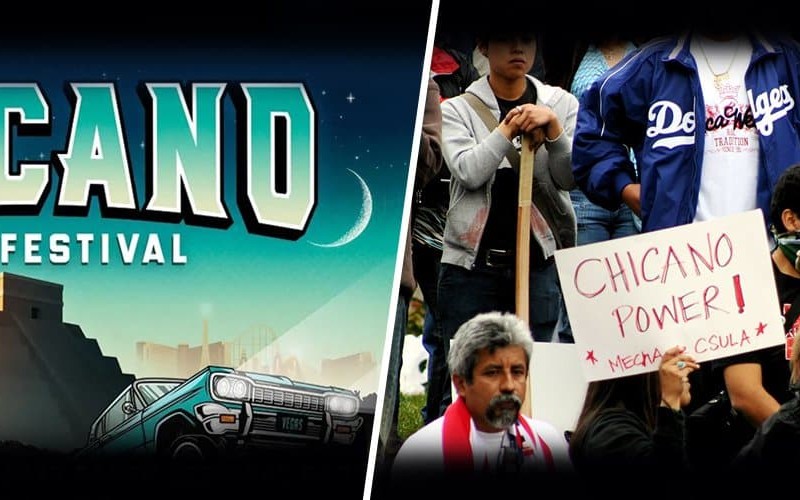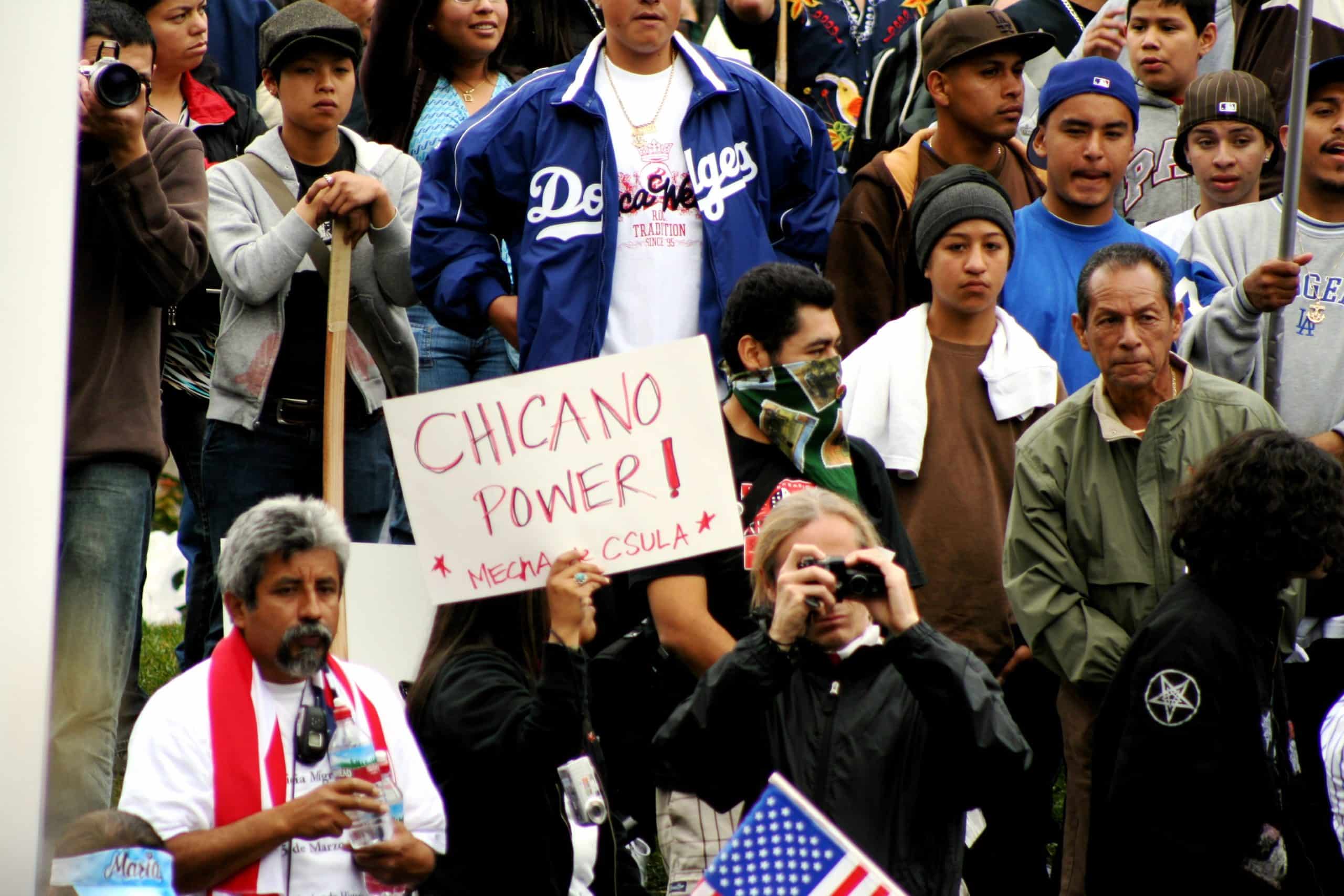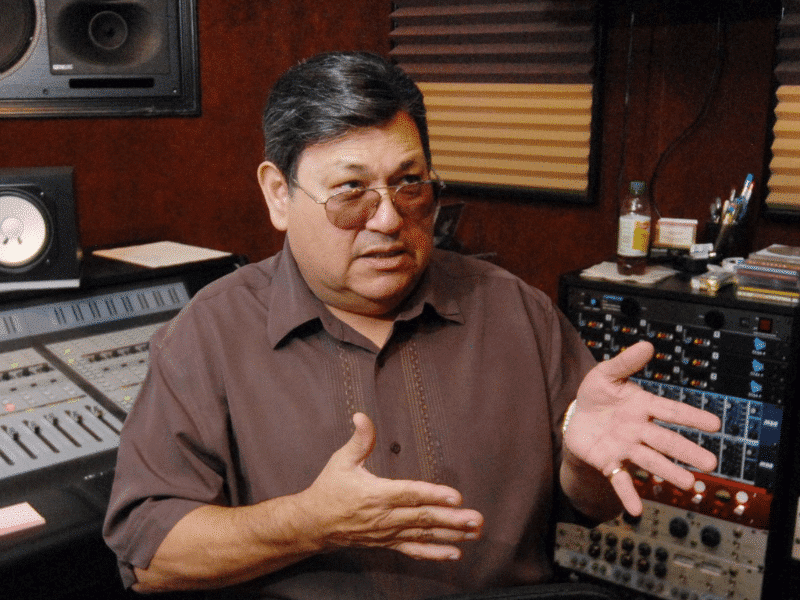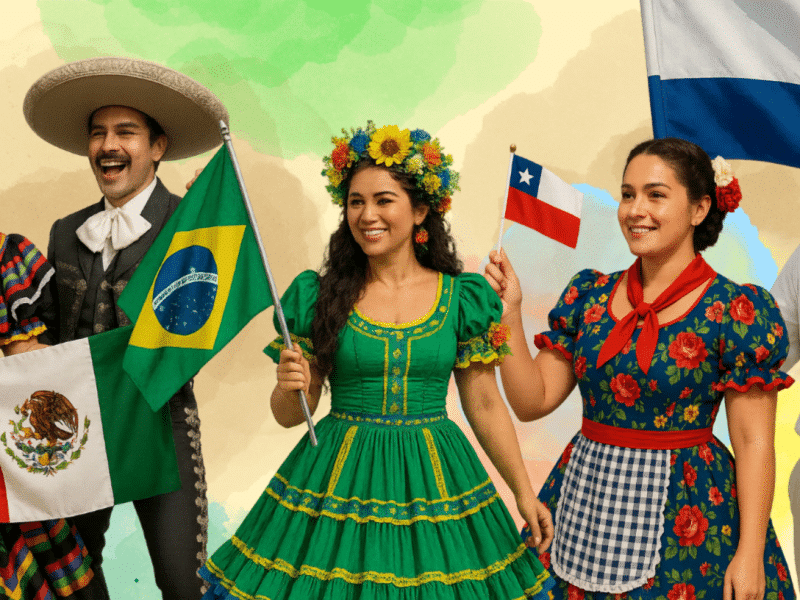Chicano is Making a Comeback
Words are always in flux. “Chicano” was reclaimed by Pachuco youth as an expression of defiance at a time when Chicano was used among English and Spanish speakers as a classist and racist slur to refer to working-class Mexican Americans.

Words have power. Over time, they can change, evolve, and shape identities. Once cloaked in negativity, ” Chicano ” is a resounding anthem of pride and unity today. Delve into its journey from a mere label to a vibrant celebration of a culture that has fiercely redefined itself against the backdrop of history:
What is the history of the term “Chicano”?

In the early days, the term Chicano was used pejoratively, much like other ethnic identifiers throughout history. Rooted in Mexican-American communities, “Chicano” was initially regarded as a derogatory label for low-income people of Mexican descent born in the United States. However, this negative connotation began to shift in the 1960s and 1970s as civil rights movements flourished.
During these years of social upheaval and transformation, the Chicano Movement emerged. Mexican-Americans began reclaiming the term, using it to affirm their unique identity—a blend of both Mexican and American cultures. After years of advocating for social and political empowerment, “Chicano” slowly but surely went from a hush-hush word to a shout-it-out-loud identity, a symbol of resistance against racial discrimination and a badge of honor for activists pushing for change
Over the years, as the community became more cohesive and began to influence broader American culture in numerous areas—from food to music—the term “Chicano” morphed from its early negative connotations. Today, identifying as Chicano is a powerful affirmation. It’s a shoutout to grandma’s authentic recipes, those childhood summers in Mexico, and, of course, the blend of two vibrant cultures that many have come to cherish. Being Chicano now means you’re part of a fantastic cultural fusion that’s both rich in tradition yet always evolving.
Experience the Pride: The Chicano Music Fest 2023
Speaking of celebrating all things Chicano, clear your calendar for September 9th, 2023. Celebrating this beautiful transformation, the Chicano Music Fest promises to be an electrifying homage to Chicano culture.
Attendees will be treated to live mariachi, stunning Aztec dancers that evoke the ancient soul of Mexico, and a dazzling display of lowriders—a testament to the community’s modern creativity.
Witness live art take shape, indulge in cuisine from local vendors, and shop from an array of retail stalls. There’s fun for the whole family with the Chicanitos play area, featuring sports, bounce houses, and more. The event is a living canvas showcasing the beauty of Chicano Culture.
Music, the heartbeat of any culture, will get the spotlight. The fest boasts an incredible lineup of performers. From legends like The Delfonics to fresh beats by Lil Weirdo, it’s a mixtape of the old and new. Mary Jane Girls, Conejo, Reverie, and so many more will be there, setting the stage on fire.
So, what’s the big takeaway? Words evolve. Labels flip. And “Chicano”, well, it’s more than just a term. It’s a movement, and a symbol of resilience, evolution, and undeniable pride. This September, immerse yourself in a day of festivities where unity triumphs, and celebrate the beauty and spirit of Chicano culture at the Chicano Music Fest. Your heart, soul, and senses are in for a treat.




